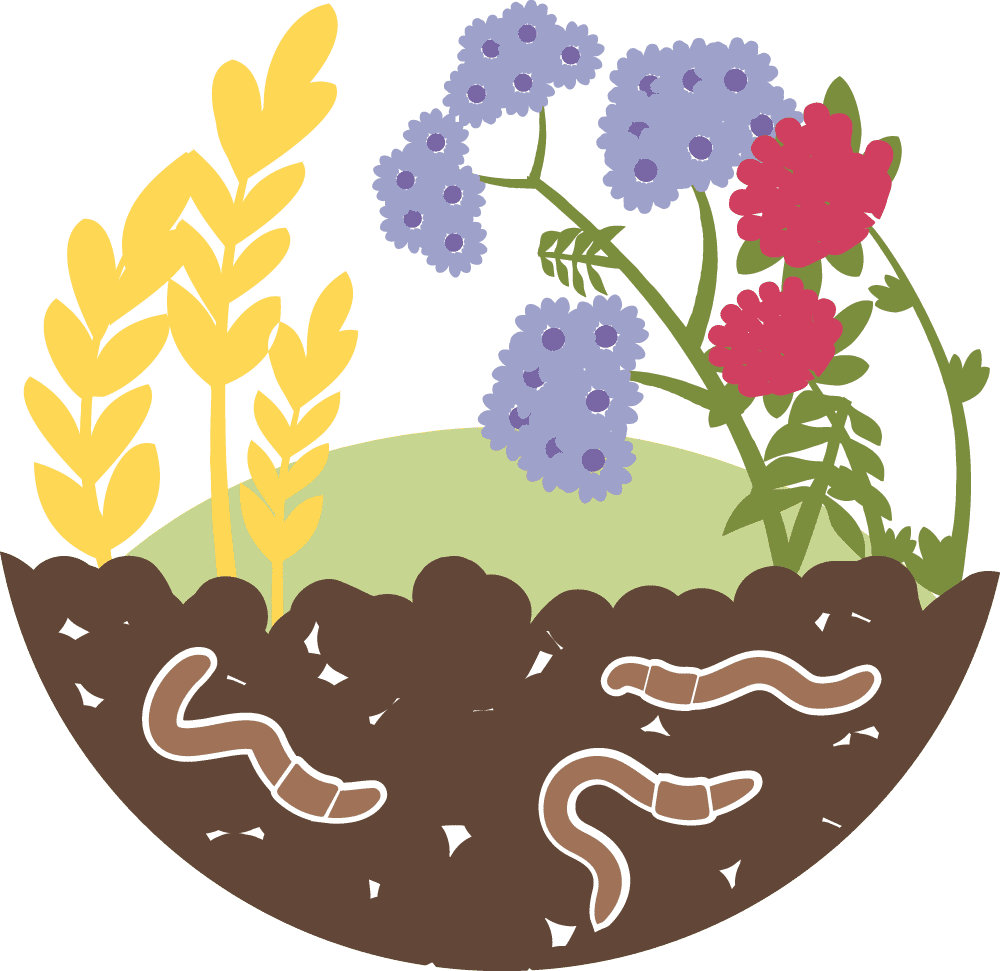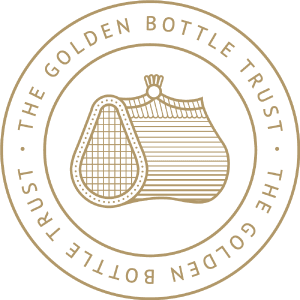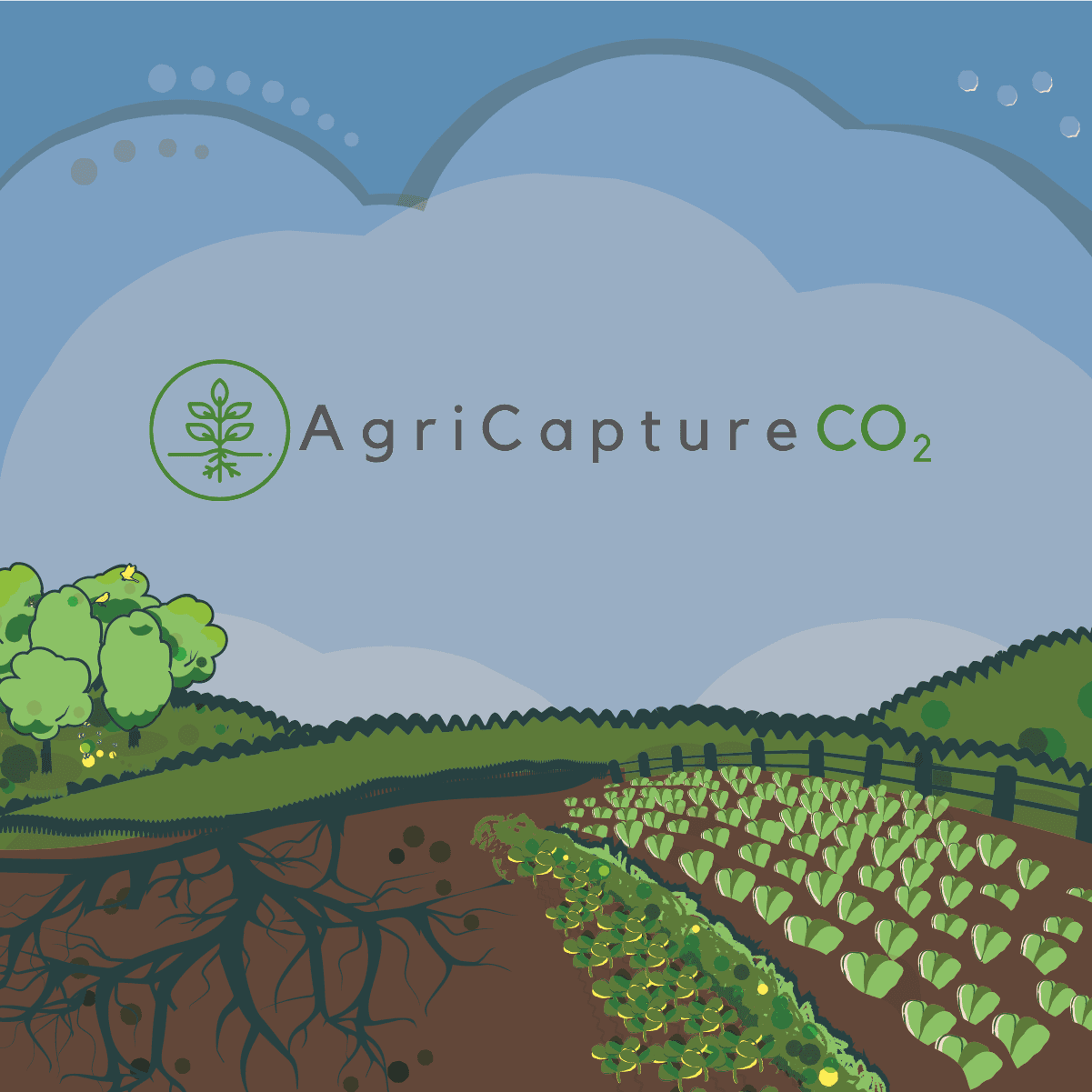Environmental Farmers Group Training


The main aim of the EFG Training project is to assist farmers in adopting more sustainable and regenerative farming practices.
This will be achieved by delivering a pilot programme of training, which will be accessible to all farmers who join the Environmental Farmers Group (EFG). Under the umbrella concept of regenerative agriculture, the GWCT Allerton Project is providing EFG farmers with advice and support on how to adapt and improve their farming systems, with the aim of achieving the EFG’s three key environmental outcomes:
Biodiversity and
species recovery
Clean water
Net carbon zero
farming by 2040
EFGs are environmental cooperatives, farmer-owned and farmer-led. Their mission is to harness scale and member cooperation to secure the best environmental results and financial returns for a wide range of natural capital goods and services. The first EFG was launched in May 2022 in the Hampshire Avon catchment. Since then, the EFG has grown considerably, consisting now of four additional catchments (Test & Itchen, Dorset Stour, Northern Lincs, Central England), involving 460 farmers and covering a total land area of 257,000 hectares.
Regenerative farming is not a new concept; some of the principles go back thousands of years. Regenerative agriculture or ‘regen ag’ is however gaining traction in the industry, dominating most modern-day ideals of what future and greener farming should look like.
Register your interest in the EFG Training project
EFG Register Interest


The project is funded by the Golden Bottle Trust, a charitable cause organised by Hoares Bank (C. Hoare & Co.). While The GWCT Allerton Project is the main delivery team for the training, we are collaborating with several additional organisations to produce a comprehensive, relevant and practical programme of webinars, videos and material, supported by occasional, local on-the-ground workshops.
The training covers a wide range of regenerative agriculture principles and practices, focussing on the following key themes:
- Environmental Land Management (ELM), Sustainable Farming Incentive (SFI) & green finance
- Soil & water management
- Enhancing resilience to climate change
- Farm carbon management
- Cropping, agronomy and rotations
- Habitats, species and integrated pest management (IPM)

